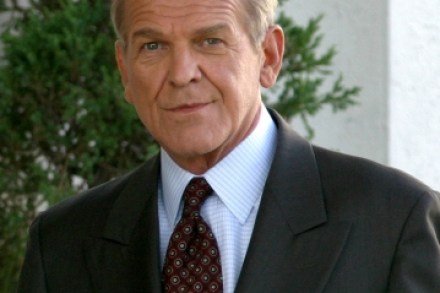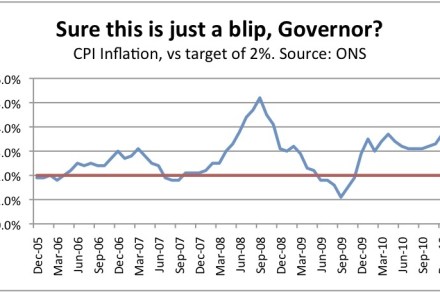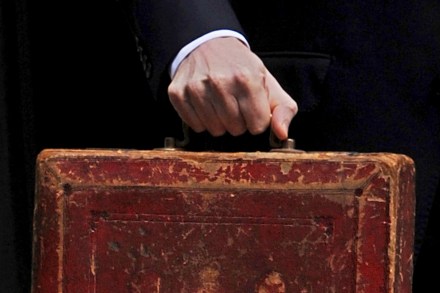How do you snare a spin doctor?
So, who’s next after Andy Coulson? This question is oddly important, and will certainly influence the direction of his government. It shouldn’t, but you have to understand the way the Cameron operation works – and of how life looked before George Osborne persuaded Coulson to come on board (hoodie hugging, husky-riding, etc). Coulson was an advocate of fundamental conservative values (crime, tax cuts, Europe) and emphasised their mass appeal. Tim Montgomerie has a list of possibles for this job. But how to persuade them? Whoever does it can kiss goodbye to their life (and family) for the duration. No.10 is a pressure oven, and there’s a horribly large chance that














